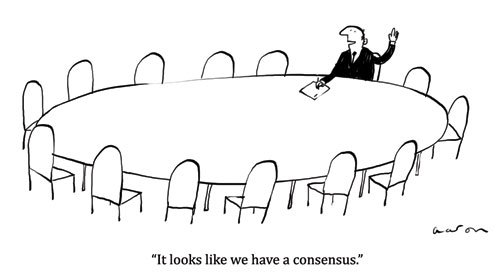It all boils down to two drivers: Passion; and Fear.
We make all our decisions from either caring about the outcome or fearing thoughts of poor outcomes.
Excitement, strong beliefs, joy or other compelling emotion create passion and let us charge past doubt. Fear can seem like shame, avoidance, worry or other overriding emotion that creates hesitation.
Learn a new skill out of genuine interest or because a job or rating is at stake? I may buy a house because it’s my dream to have a space I own or because, while I have no desire to fix my own toilet, I am worried that housing will grow out of my price reach as a renter.
Like money, neither motivator one is good/bad; it’s all in how and why they are applied.
The problem arises when the majority of our decisions/actions appear to be a result of fear-based reasoning. We dwell on the possible catastrophes or downsides and allow opportunities (small and large) to slip away.
This is why change feels much harder and larger than the actual step required of us. Asking for mentorship can feel huge. Building a network can feel very outside our comfort zone.
We will feel what we feel but we can choose how we act – always. The question I ask myself at every career decision - daily or big picture - is: Is my comfort zone the better place to rest or is my career/plan more important? Either choice is fine but it must be a choice.
As a mentor– help dig into the why/why not conversation. Help the choice be deliberate vs. emotional.
As a mentoree– ask yourself “what’s the worst that can happen?” Make a plan to address these potential (and possibly improbable outcomes). Often when we have a plan, we worry less and can move forward.
